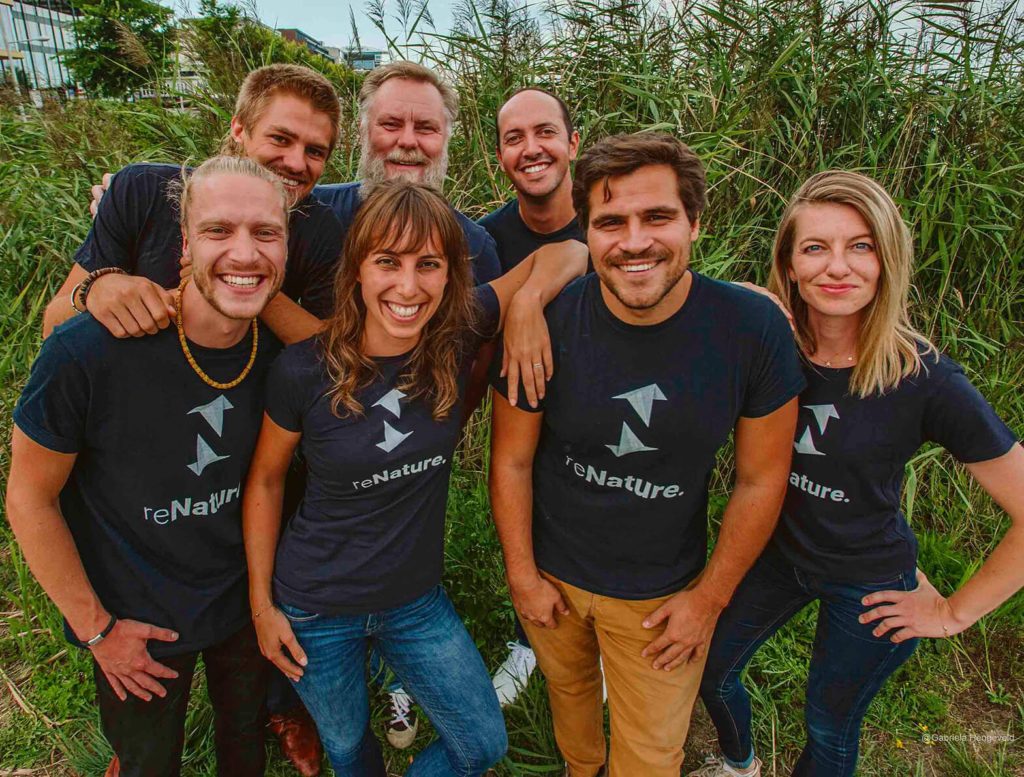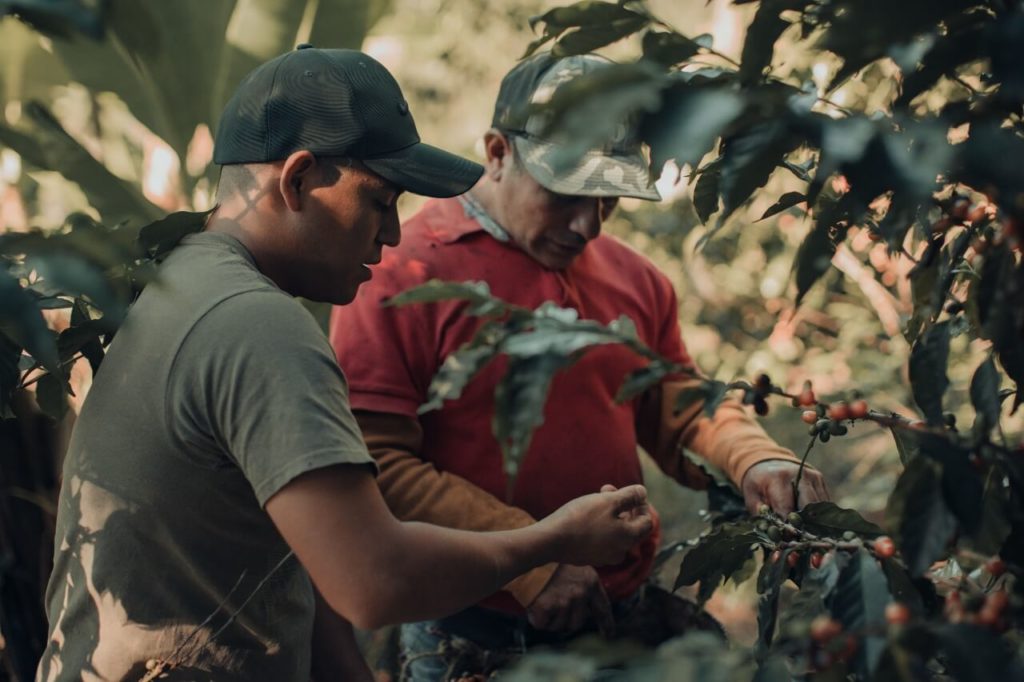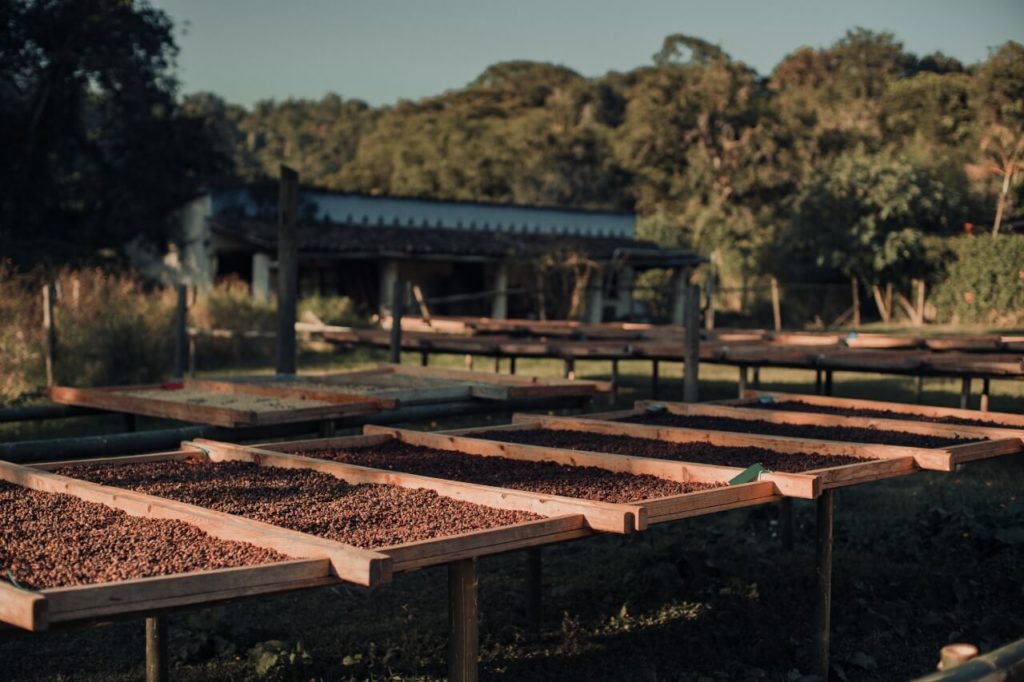How Can We Transition to Regenerative Land-Use, Faster?
Here’s the question: what knowledge do we need to accelerate the transition towards regenerative land use? The team behind reNature – an NGO promoting regenerative agriculture brings together its perspectives on the topic. The ideas below are a collective response and are the result of active debate amongst the team.
Without jumping to conclusions, the consensus reached is that what we need is a profitable business model. This might seem like biased information, given that at reNature we link corporate actors with regenerative agriculture projects, but there’s a reason we do what we do.
Whether we like it or not, businesses are both running and ruining the planet. Unless corporations change their ways, we will face serious problems as a global community. The driving objective of these businesses is to increase profit, and as such, to transition towards regenerative land use, we must make this appealing to businesses, by putting a profitable business case at the center.
The first step to creating a paradigm for change is to redefine profitability, without limiting ourselves to monetary gain. This new concept of profit must put nature at the center and be based on the understanding that the regenerating natural ecosystems is far more important than any form of economic gain. For starters, investments must be long-term, and the non-economic value derived from them should be greater than the economic sum attached to them. Given the importance of business and profitability, reNature facilitates much-needed partnerships between big businesses and nature itself.

The role of research
If we look at the regenerative land use transition through the lens of profitability, it becomes clear that what we need is evidence. If we can prove that regenerative land use is more profitable than industrial agriculture, then we’d get plenty more people on board.
Another form of knowledge to accelerate this movement is financial data on the costs and revenue of the land use transition. This could include developing cost/benefit scenarios that compare business-as-usual with regenerative practices for specific crops, or finding scalable models for each region. Put simply, we need researchers to validate the work that pioneer farmers and indigenous groups have been doing for centuries.
Another key question is this: How can we build business models based on long-term regeneration, that value benefits which are not currently part of the equation? At reNature we work to create value in a system beyond the economic realm, by measuring impact. Together with other global movements, we are shifting the way we see profitability – this is the key to the land use transition.

Integrating other forms of knowledge
It’s easy to forget that scientific research is not our only source of knowledge, and that other stakeholders can provide us with invaluable information; it’s time to listen to the small-scale farmer. With their first-hand experience and deep connection with their land, small-scale farmers can provide an important perspective. As well as this, the knowledge and practices of local communities should be given the recognition they deserve. For a successful land use transition, everyone must be involved; we must hear as many voices as possible, especially those of indigenous peoples. The key to bringing together various perspectives (scientific research, industrial agriculture paradigms, consumer behavior, on-the-ground experience, and traditional knowledge) is to include as many stakeholders as possible from the beginning, and throughout the process.
A large part of reNature’s work is to build these stakeholder networks. Strategic partnerships are needed to drive the land use transition, and we aim to be at the forefront of this movement. We bridge (sub)cultures, supporting the effort to mainstream regenerative farming by bringing together people who otherwise may never cross paths.
